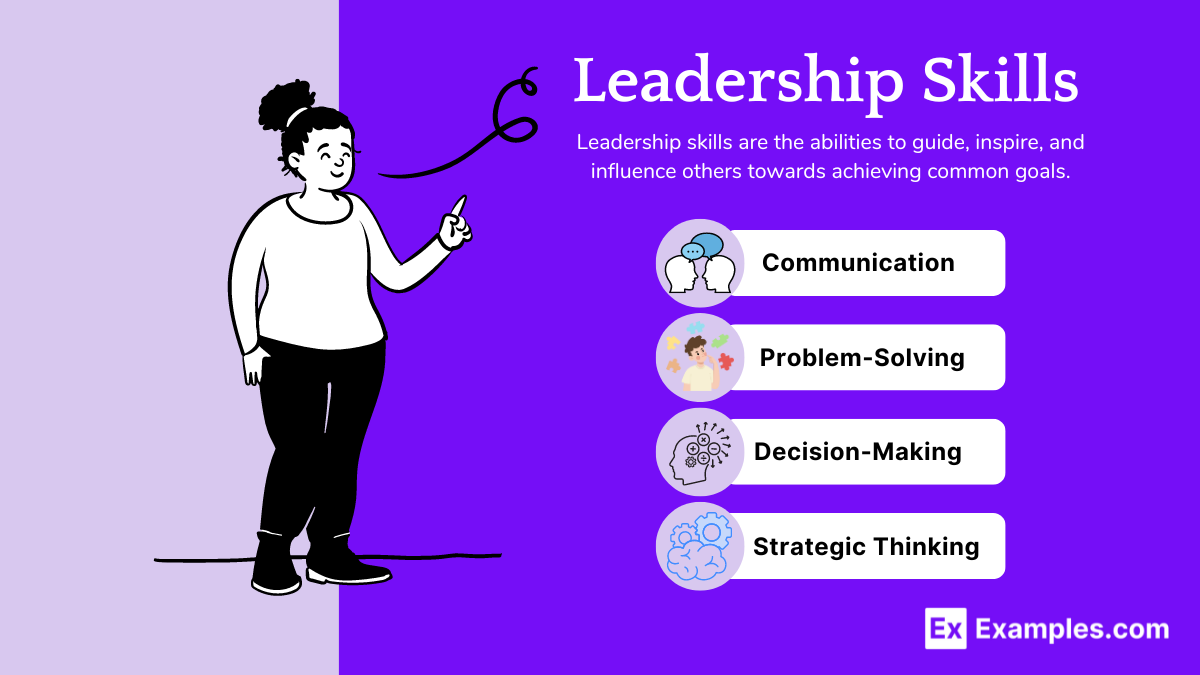In this day's rapidly changing environment, efficient leadership has not been greater essential. While organizations face unprecedented challenges and uncertainties, the ability to navigate these changes with unwavering confidence and strategic foresight is a capability that distinguishes successful leaders from the others. Leadership is not just about taking decisions; it's about fostering a culture of resilience, motivating teams, and creating a vision that propels individuals and organizations toward success.
To prosper in tumultuous times, leaders must develop a diverse range of skills that empower them to adapt and react to changing circumstances. From mastering emotional intelligence to honing critical thinking and effective communication, these skills form the foundation of impactful leadership. This article will delve into the key leadership skills every professional should master, providing insights on how to develop these abilities, encourage collaboration, and ultimately lead with intention in an always-shifting world.
Fundamental Leadership Skills
In the current shifting landscape, leaders must possess a diverse set of skills to handle uncertainty successfully. Top among these is EQ, which empowers leaders to grasp and regulate their own emotions while empathizing with staff. This ability creates an environment of confidence and cooperation, essential for inspiring a team towards a common goal. Additionally, clear communication stands as a foundation of effective leadership, allowing executives to effectively communicate their strategies, expectations, and constructive criticism. This clarity not only boosts group unity but also ensures everyone is focused.
Agility is another critical skill for managers in modern times. The ability to adapt approaches and approaches in response to evolving situations exhibits resilience and foresight. Leaders must foster quick learning, so they can them to quickly understand new ideas and change direction when necessary. This flexibility not only establishes leaders as inspirations but also encourages teams to welcome change and creativity. As organizations face rapid digital evolution and changing market trends, agility will remain a top priority for effective executives.
Finally, the ability to build trust through active listening cannot be ignored. Executives who apply attentive listening create an open atmosphere where team members feel appreciated and listened to. This skill enhances group interactions and promotes open communication, essential for problem-solving and teamwork. By exhibiting authentic interest in staff opinions and concerns, managers successfully strengthen their connections and enable their teams to perform at their best. Mastering these key skills will prepare leaders to thrive in uncertain periods while guiding their teams towards achievement.
Nurturing Impactful Strategies
To handle the challenges of guiding in volatile times, cultivating robust practices is essential. One of the key skills is effective communication, which serves as a foundation for strong leadership. Open and direct communication builds an atmosphere of confidence and collaboration within units. By consistently sharing updates, providing supportive feedback, and encouraging open conversation, leaders can ensure that their groups are cohesive and motivated. This honesty not only improves team dynamics but also encourages individuals to voice their thoughts and concerns.
Another crucial practice is adaptability. In a fast-changing world, leaders must be ready to change their strategies to meet new challenges. This involves being receptive to new information, welcoming change, and demonstrating resilience. By demonstrating adaptability, leaders inspire their teams to remain flexible and creative in their approaches. Furthermore, fostering a growth mindset within the team encourages continuous learning and innovation, which is crucial in managing uncertainty.
Lastly, developing social intelligence can substantially enhance leadership effectiveness. Leaders who show self-awareness, compassion, and social skills are more prepared to understand their team's emotions and motivations. By practicing thoughtful listening and being attuned to the expectations of their team members, leaders can build stronger bonds and cultivate a positive work environment. This social connection not only drives engagement but also allows leaders to inspire and stimulate their teams every day, ultimately resulting in improved results and contentment.
Navigating Team Interactions
Effective leadership in volatile times greatly is grounded in understanding and navigating team dynamics. A leader's skill to analyze the individual strengths and challenges of their team can profoundly affect overall performance and morale. By fostering an environment where each member feels valued and understood, leaders can enhance collaboration and drive engagement. This demands active listening and social awareness to recognize and address team members' worries and aspirations.

Conflict resolution is a vital aspect of handling team dynamics. Leaders must be armed with tools to arbitrate disputes, ensuring that conflicts are handled constructively. By creating clear communication protocols, team members can express varied opinions while maintaining respect and professionalism. This not only addresses immediate issues but also builds a culture of trust and openness, allowing for more adaptable interactions in the future.
Finally, leaders should focus on building resilience within their teams. In https://www.peterashbysmith.com/ of transition, cultivating a mindset that embraces adaptability and growth can motivate team members to thrive despite challenges. Fostering continuous learning and innovation helps teams to navigate uncertainties with confidence. By instilling a collective commitment to perseverance, leaders can convert obstacles into possibilities, ultimately improving team cohesion and performance.
